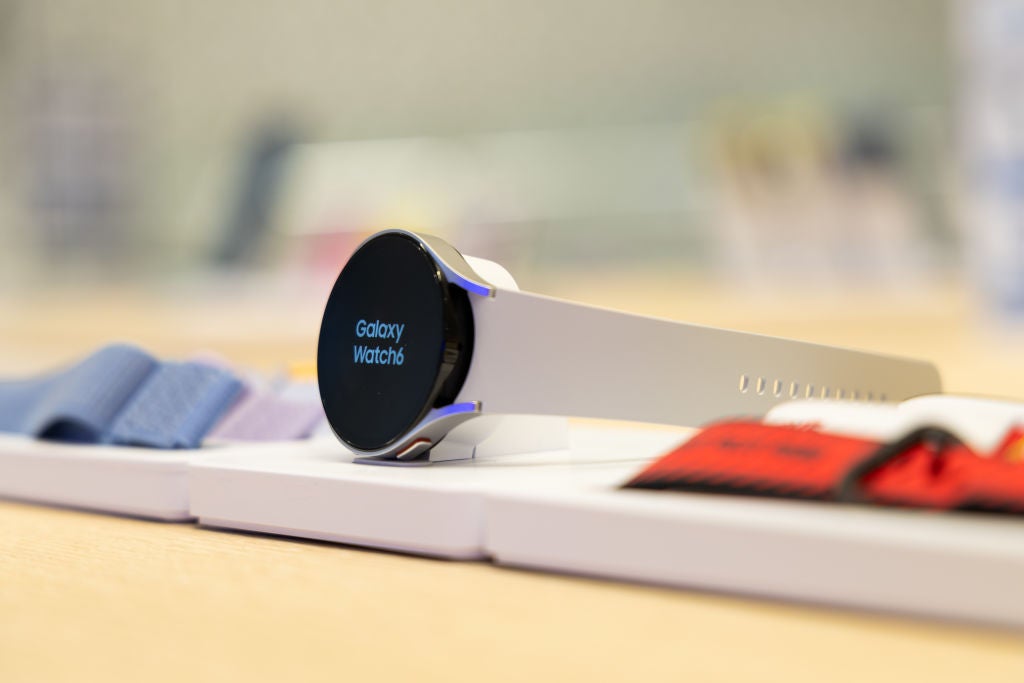Apple has been surprisingly quiet when it comes to the metaverse—a virtual world where users share experiences and interact in real-time within simulated scenarios—especially given that it feels like nearly every tech company is talking about it. However, following the news that references to Apple’s AR/VR operating system have been found in App Store logs and Apple open-source code, we may see Apple’s foray into the metaverse sooner than expected.
Apple’s Reality Operating System
Rumors that Apple has been working on an augmented reality (AR) headset and smart glasses have been around for a while. The release of these is expected to be in either 2022 or 2023, and the consumer AR hardware market is likely to gain pace following the launch. According to GlobalData, consumer AR smart glasses sales were valued at $18 million in 2020, and this will grow to $9 billion in 2030.
It is expected that Apple’s headset and smart glasses will run on its Reality Operating System, dubbed ‘realityOS’ or ‘rOS’, which was discovered by Bloomberg back in 2017. Mentions of this operating system were found by Twitter users on February 9 in Apple’s code, suggesting a release might be here sooner than expected. The code, available as open-source code on GitHub and in App Store logs, makes direct references to realityOS. This suggests that Apple may be closer to releasing the products than previously expected, and with it comes the company’s possible venture into the metaverse.
Apple’s position in AR
AR-related technologies such as SLAM, facial recognition, and motion tracking will be vital for developing metaverse-based use cases, and Apple has always been a strong endorser of AR. It launched its ARKit in 2017, which operates on all iOS devices, and offers another software development kit (SDK) called the RealityKit, which is accessible on iOS and Mac devices. The company also has a range of AR creation tools such as Reality Composer (a library of AR content for developers) and AR Quick Look (that positions 3D objects in the real world). Furthermore, Apple has added LiDAR sensors to its flagship iPhones and iPads for precise 3D mapping, boosting the SLAM capabilities of ARKit and enabling developers to create realistic AR content.
According to GlobalData, consumer AR headsets are currently the smallest segment in the AR hardware category, generating revenue of just $13 million in 2020. However, this is expected to expand to $4 billion by 2030, with Apple expected to lead the charge thanks to its experience in designing compelling wearables and its ability to build ecosystems around those devices. Apple has a massive, dedicated userbase, and the consumer perception of it is more privacy-friendly than many of its peers. As such, Apple’s current lack of conversation about the metaverse should not be confused with ignorance. The company is well placed to profit from its established software and platforms when the metaverse begins to form. Its AR headset and smart glasses, when they are finally released, may even end up being the kick the metaverse needs to be accepted into wide public use.
How well do you really know your competitors?
Access the most comprehensive Company Profiles on the market, powered by GlobalData. Save hours of research. Gain competitive edge.

Thank you!
Your download email will arrive shortly
Not ready to buy yet? Download a free sample
We are confident about the unique quality of our Company Profiles. However, we want you to make the most beneficial decision for your business, so we offer a free sample that you can download by submitting the below form
By GlobalData








Related Company Profiles
Apple Inc